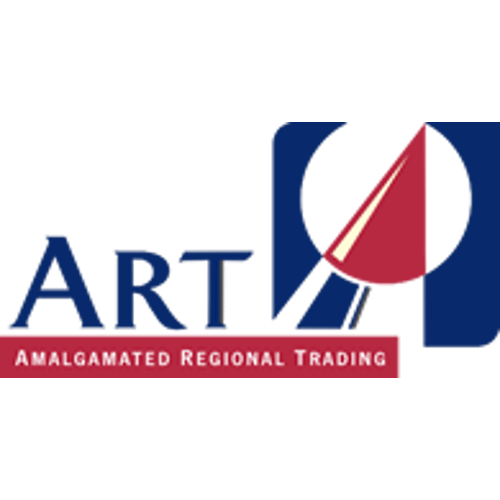ART retools Eversharp to drive volume growth
Eversharp, a leading manufacturer of ballpoint pens, rulers and markers in Zimbabwe says it has invested in increasing production capacity, which will in future help avoid product supply challenges.
This comes after the company recorded a 7 percent decline in volume for the half year ended March 31, 2023 owing to power supply challenges.
Amalgamated Regional Trading (ART), which owns the company, bemoaned the challenging operating environment, saying it continues to have a negative effect on the business cycles.
“The division has retooled and should avert product supply challenges in the second half. Eversharp has benefited from the strong performance in the informal sector and the availability of stationery trading lines,” ART chairman Dr Thomas Utete Wushe said in a statement accompanying the results.
Eversharp has been making pens since 1972.
The firm has recently been making efforts to grow volumes in the export and non-scholastic markets.
In the half-year period, overall volumes for the ART group declined by 9 percent.
Besides Eversharp, ART also owns Chloride Zimbabwe, Chloride Zambia, Exide Express, Softex Tissue Products and Kadoma Paper Mills among others.
“The frequent price movements in response to inflation and the depreciation of the local currency affected trading and demand. Export volumes fell by 30 percent due to product shortages and the prioritisation of the local market.”
Inflation-adjusted revenue for the group rose 42 percent during the interim period to $15 billion compared to the same prior year period.
Group margins, at 43 percent, remained strong despite pressure from rising operating costs.
Financial analyst Crispen Mahachi said the group’s profit margins have declined noticeably in the last two financial years after a sharp increase in the preceding two years.
“Increased scrutiny on product pricing in formal distribution channels has likely played a key role in the decline. It could also reflect increased price competition from cheap imports as access to forex in informal markets has improved,” he said.
ART chairman Dr Thomas Utete said profitability was dampened by once-off reorganisation and plant optimisation costs in the paper business.
“The delay in the completion of the paper projects necessitated the restructuring of borrowings further increasing the Group’s exposure to adverse exchange rate movements. An exchange loss of $1,97 billion was recorded during the period,” he said.
He added that US dollar revenue increased over the period.
“Overall hard currency sales increased and improved the ability of the business to meet its foreign currency commitments. This, however, had a significant distortive impact on the group’s profitability as foreign currency sales are recognised at the official auction exchange rate.
“The board estimates that for the half year, the group’s revenues at US$22,2 million declined by 8 percent compared to prior year whilst operating profit decreased to US$1,3 million,” he added.
ART did not declare a dividend for the half year.-herald










